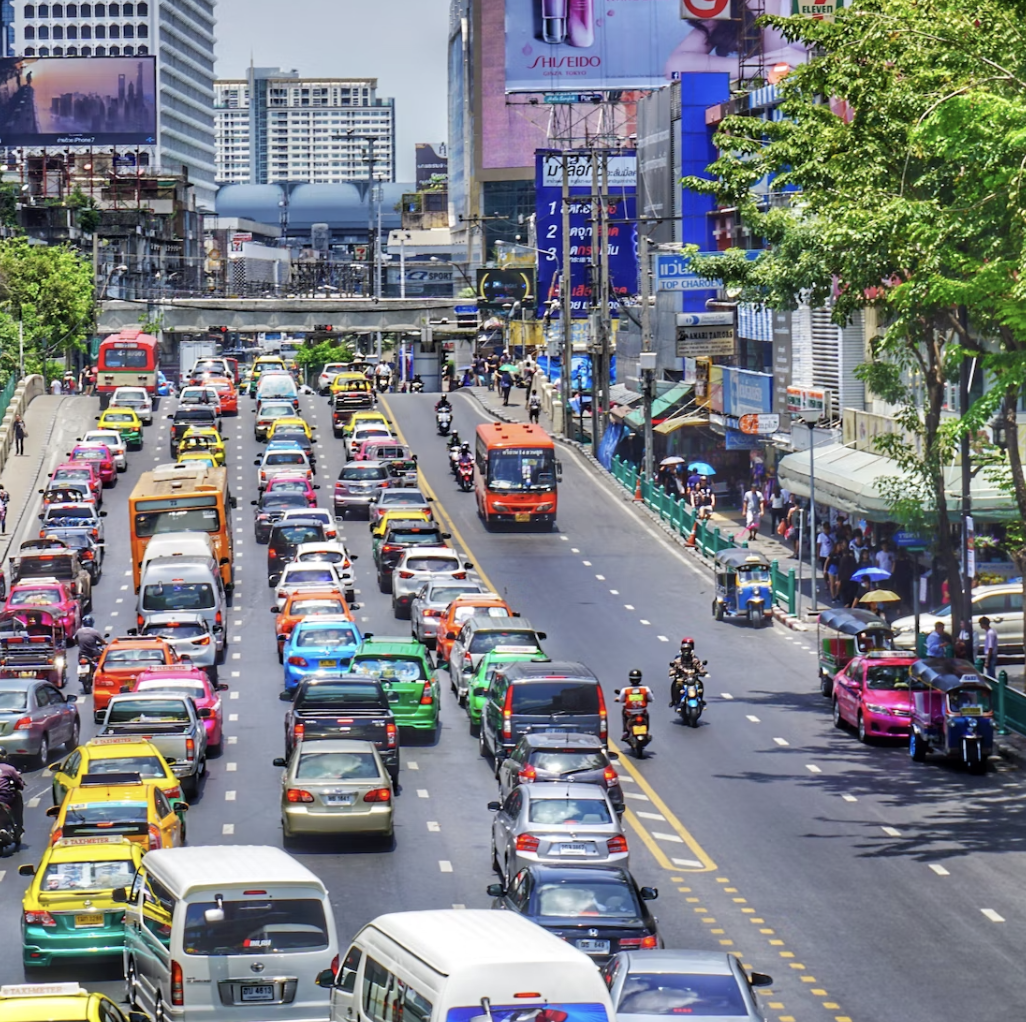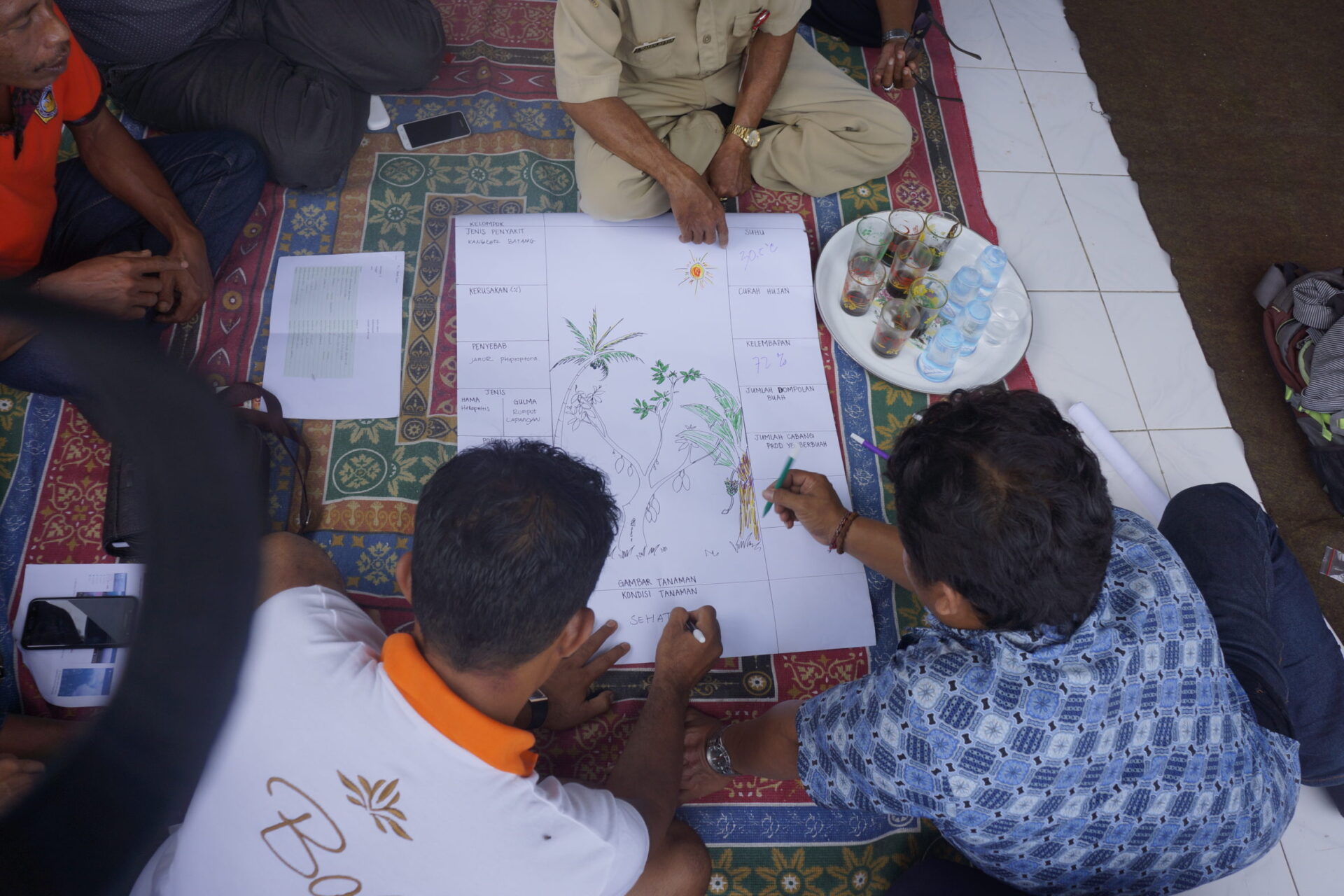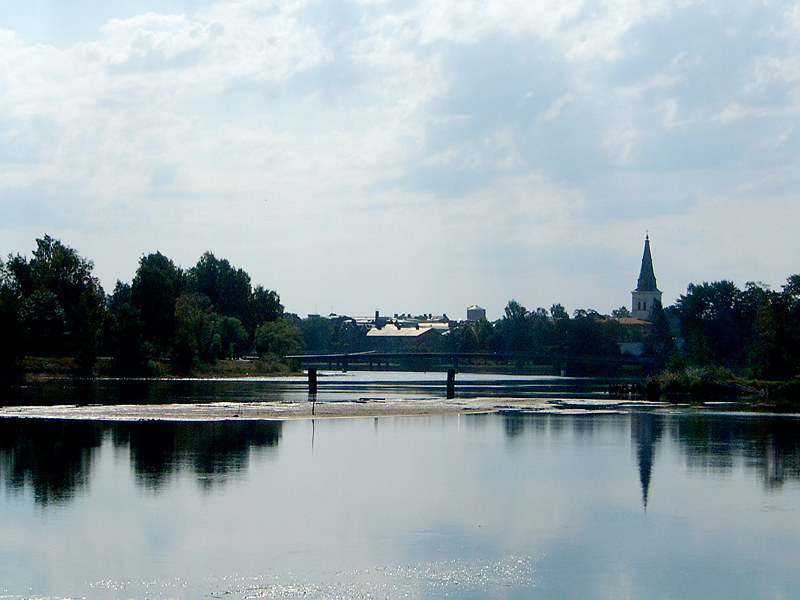Identify solutions, recommendations and ways forward
Tandem
Identify solutions, recommendations and ways forward
Adaptation measures from other contexts may provide inspiration.
Explore the key questions below using selected resources to help you co-design climate service processes.
Questions
Italicised questions are ongoing considerations i.e. it is particularly important to keep revisiting these questions as the transdisciplinary knowledge integration process develops.
- What solutions and recommendations can be identified? These may be the design and delivery of particular outputs, projects, policies, the strengthening of capacities through particular training or support, innovations in data sharing or the development of new partnerships or increased collaboration between institutions. Are these at appropriate temporal and spatial scales to address the adaptation issue(s) identified?
- Can examples from other cities or contexts help to spur possible adaptation measures?
- Where have ‘windows of opportunity’ been identified or created? E.g. a new political cycle, issues that are high on current political or social agendas, new initiatives, tools or processes that are under development or on the horizon. How can solutions build on existing efforts and initiatives or leverage existing partnerships to limit replication of work?
- Which structures or actors are needed to deliver and to contribute or support the delivery of these solutions?
Which decisions are critical to unpack further and support with climate – and other – information?
Key resources to help answer these questions
Wellbeing Surveys
Resource Value Mapping (REVAMP) Tool
Co-designing climate services to integrate traditional ecological knowledge: a case study from Bali, Indonesia
Co-designing climate services to support adaptation to natural hazards: a case study from Stockholm, Sweden
Co-designing climate services to support adaptation to natural hazards: a case study from Karlstad, Sweden
Co-designing climate services to support adaptation to natural hazards: two case studies from Sweden
Tandem
Identify solutions, recommendations and ways forward
Adaptation measures from other contexts may provide inspiration.
Explore the key questions below using selected resources to help you co-design climate service processes.





